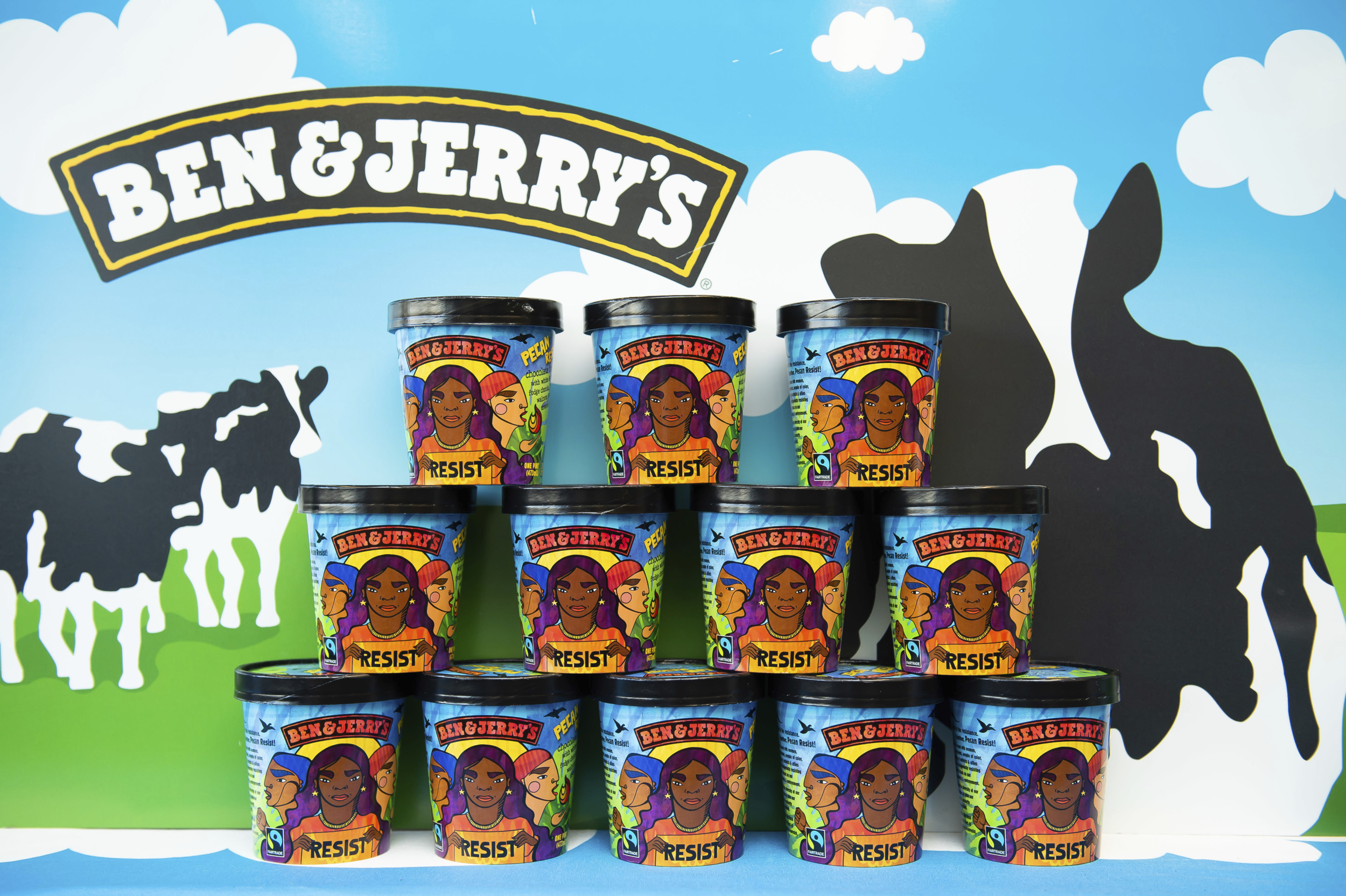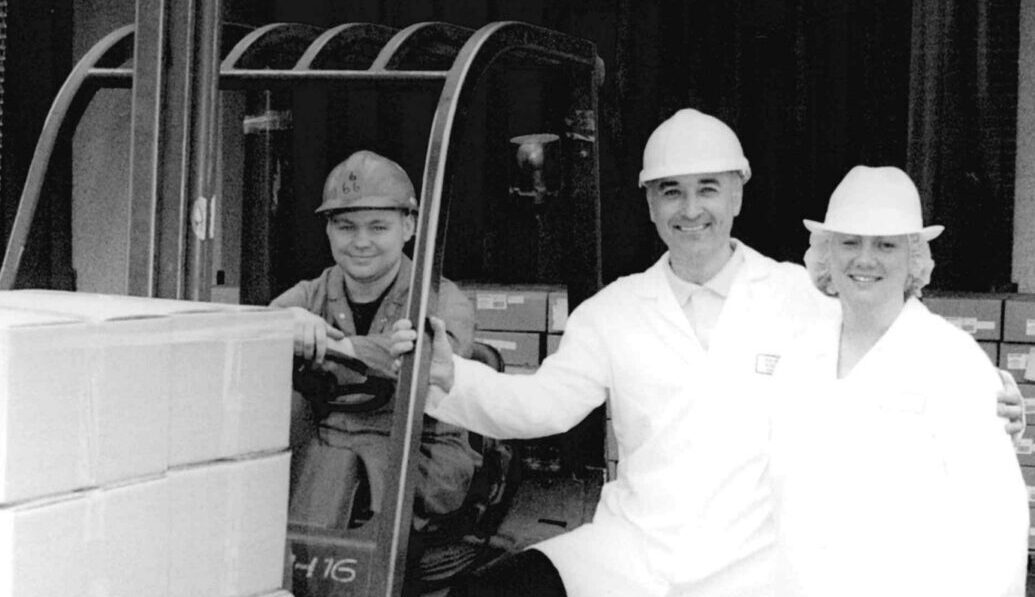
-- Shares Facebook Twitter Reddit Email In addition to incorporating more fresh fruits and vegetables into your diet and streamlining your grocery budget , another critical aspect of food shopping is proper storage and maximizing shelf life. Few things are more frustrating — and wasteful — than bringing home a beautiful melon or a delicious baked good, only to discover the next day that it’s already spoiled. To avoid moments like these, it’s helpful to take a strategic and creative approach to managing the food you bring home (or have delivered).
Consider where each item should be stored and which foods need to be enjoyed sooner rather than later. For some items, storage is straightforward — no one needs a reminder to keep ice cream in the freezer. But with others, like hot sauce, vinegar, or even dry goods, the rules can be less clear.

When in doubt, a quick search can clarify the best way to store any items you’re unsure about. Related Beating high food costs in 2025: How to save money while prioritizing health, simplicity and taste To learn more about proper food storage and extending shelf life, Salon spoke with Anya Obrez , Advocacy Associate for Food Waste and Nature at the Natural Resources Defense Council (NRDC). She shared expert tips to help you reduce food waste, save money, and enjoy delicious meals without sacrificing convenience or flavor.
The following interview has been lightly edited for clarity and length. Aside from holiday food prep and waste, what are some great year-round tips for avoiding food waste, from weeknight meals and lunches to snacks and Sunday dinners? There are many ways to reduce food waste at home throughout the year and adopting small steps into our daily lives — from the grocery store to the kitchen — can add up to significant savings. When grocery shopping, stick to a list and buy only what you know you’ll eat.
Plan your meals ahead of time, store food properly and one of my favorite tips: Get creative in the kitchen! Make sure to cook with all your scraps and food that is almost past its prime. For example, I love freezing carrots and beet greens, leftover celery and overripe apples to turn them into a healthy breakfast smoothie. Getting creative with what you have and experimenting with new recipes or substitutes is fun.
Savethefood.com offers plenty of recipes to help you make the most of everything in your kitchen. Do you recommend always making a shopping list? Yes, making a shopping list is a great strategy to ensure you buy everything you need, preventing both overbuying and underbuying of food.
However, even with a list grocery shopping can be exhausting and once we get home, we often don’t give much thought to how to store everything properly. One key to maximizing your food’s shelf life is knowing how to optimally store your food so that it lasts longer. While it is obvious that leaving milk on the counter speeds up spoilage, there are many subtle strategies for keeping food fresh longer — like storing eggs and milk closer to the middle of the fridge where it's cooler or using airtight containers to maintain freshness.
These small steps can make a big difference in reducing waste and extending the life of your groceries. When it comes to produce — with its ends, cores, peels, seeds and random detritus — is there a helpful guide to know what is or isn't edible? In 2016, we launched a campaign to help folks understand our roles in fighting food waste. We created SaveTheFood.
com to help arm consumers with the tools to change those wasteful behaviors. The website has great information and resources including shopping guidelines, deciphering dates on products and a guide to demystifying the fridge. One of my favorite resources is the produce storage guide which shows you what fruit and vegetables are in season, how to store them properly and the best ways to use or revive them.
Check out the winter and fall produce guide here . We need your help to stay independent Subscribe today to support Salon's progressive journalism What exactly is compost? How should you get started with it? Composting is the natural process of recycling organic matter, such as leaves and food scraps, into a valuable fertilizer that can enrich soil and plants. There are lots of ways to get set up with composting.
Check to see if your city has free drop-off food scrap collection services — most of these collection points are located in farmers’ markets or community recreation centers. There are also many resources online including NRDC Composting 101 that explains lots of options for at-home composting. What's the best way to know where and how to store certain items? One of the tools that's useful to home cooks is knowing how to optimally store your food so that it lasts longer.
We have lots of tips for how to store various kinds of foods both in and outside of the fridge at Savethefood.com. Some useful hacks: 1.
Start by ensuring that it's set to 40'F. If it's too warm, your leftovers and perishables won't last as long as they should. But if it's too cold, you'll be wasting money on your energy bill and you could be over-chilling some of the more fragile items like peppers and dairy.
2. The door is the warmest part of your fridge. So it's best to reserve this portion for the longer-lasting items like condiments or juice.
3. Another hidden secret of the refrigerator is those little levers on the produce drawers for many of our refrigerators. Before I learned about this, I just set them to the middle level and hoped I was close to the right setting.
It is important to play around with these until you find the best setting because some fruits and vegetables thrive in varying conditions. How often should you be using your freezer? Freezing food is like hitting a pause button, it might be one of the most useful tools in your kitchen! As the shelf life of your leftovers and surplus ingredients comes close to an end, consider popping them in the freezer before it’s too late. Nearly anything can be frozen and rediscovered for a dark winter weeknight when you don’t have the energy to cook.
What are some examples of how to salvage items that some would assume have exceeded their shelf life? Understanding if the food is still safe to eat is important if it seems to be past its shelf life. Those date labels you see on your food actually have very little to do with food safety. With the exception of infant formula, most of the date labels are generally indicators of when food will be at its peak quality and is still perfectly good to eat.
My go-to strategy for deciphering whether food is safe to eat — if I have stored it safely and I don’t see any mold, I rely on the sniff or taste test. How closely should you adhere to best by/sell by dates? People tend to think that date labels indicate when food is no longer safe to eat, but in reality, these dates are just the food manufacturer's best estimate of when the food will be at its peak quality. The dates usually reflect when the item will be at its freshest, but that doesn’t mean it’s bad or unsafe to eat a few days or even weeks later — just that is no longer at its prime.
Trust your senses, if it smells fine and tastes okay, it is probably still good to eat! Want more great food writing and recipes? Subscribe to Salon Food's newsletter , The Bite. Where is the line between saving food and avoiding food waste and the question of food safety? How do you know when something really has nowhere to go but the garbage? Trust your senses! If it looks okay, tastes okay and smells okay — it probably is A-OK to eat. Our ancestors understood this and it works just as well today.
This is one of the key reasons humans have these senses — to keep us safe from ingesting things that might hurt us. And that’s the best way to determine if something is safe to eat. Any other go-to tips? Favorite uses? Smart ways to 'save' certain foods? I love cooking with herbs, but unfortunately, they’re often the first to wilt if not stored properly.
I’ve recently learned that wrapping herbs like basil or cilantro in a damp paper towel and placing them in the lowest drawer in my fridge or keeping them in a jar of water to ensure they stay hydrated has helped me keep my herbs fresh for almost two weeks after purchasing them! Read more about this topic Fruitless efforts? Not anymore. How to actually eat more fruits and vegetables in 2025 The US wants to cut food waste in half. We’re not even close No sweat: Simple ways to to ease your anxiety and help save on Thanksgiving food costs this year By Michael La Corte Michael is a food writer, recipe editor and educator based in his beloved New Jersey.
After graduating from the Institute of Culinary Education in New York City, he worked in restaurants, catering and supper clubs before pivoting to food journalism and recipe development. He also holds a BA in psychology and literature from Pace University. MORE FROM Michael La Corte Related Topics ------------------------------------------ Food Food Shopping Food Waste Interview Nrdc Shelf Life Related Articles Advertisement:.















